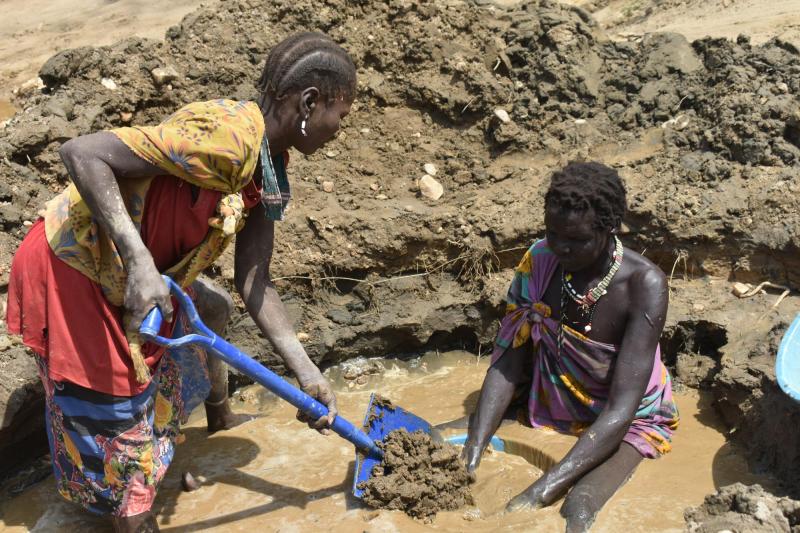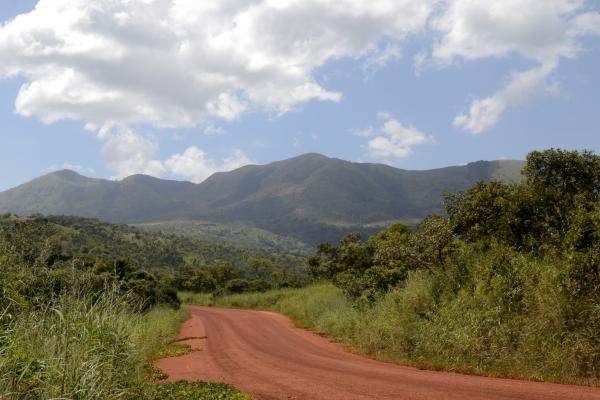In addition to artisanal mining, industrial-scale operations are concentrated in the Gorom and Kapoeta areas, where deposits are believed to be abundant.
However, the government has limited control over how gold is traded or who is involved. Local traders buy gold from artisanal miners and sell it to larger buyers in regional towns such as Kapoeta and Juba.
Most of the gold produced in South Sudan is smuggled out of the country. The main supply chains run from South Sudan through Uganda and Kenya, to the Democratic Republic of Congo and Sudan, and then to international markets in Dubai and China.
The main border posts used for this purpose are Nimule-Elegu and Kaya on the border with Uganda, and gold is smuggled into Kenya through the Nadapal-Lokichogio border post. Gold transported by air is flown from Juba International Airport to Kampala, Dubai and China.
In the capital, Juba, different groups of actors are involved in the illicit gold market. Sudanese, Ugandan, Kenyan and Chinese nationals, as well as political and business elites, are all involved in the gold trade.
Although they all deny it, watchdog groups and our interviewees on the ground suggest that the country's powerful leaders have links to the country's highly secretive gold mining industry.
Because it is secretive, the government has no records of how much quantity it is producing, or how much forex it earns. But export data from the Observatory of Economic Complexity (OEC), in 2019, show South Sudan exported $47.6 million in gold to the United Arab Emirates, making it the second most exported product to crude oil.




